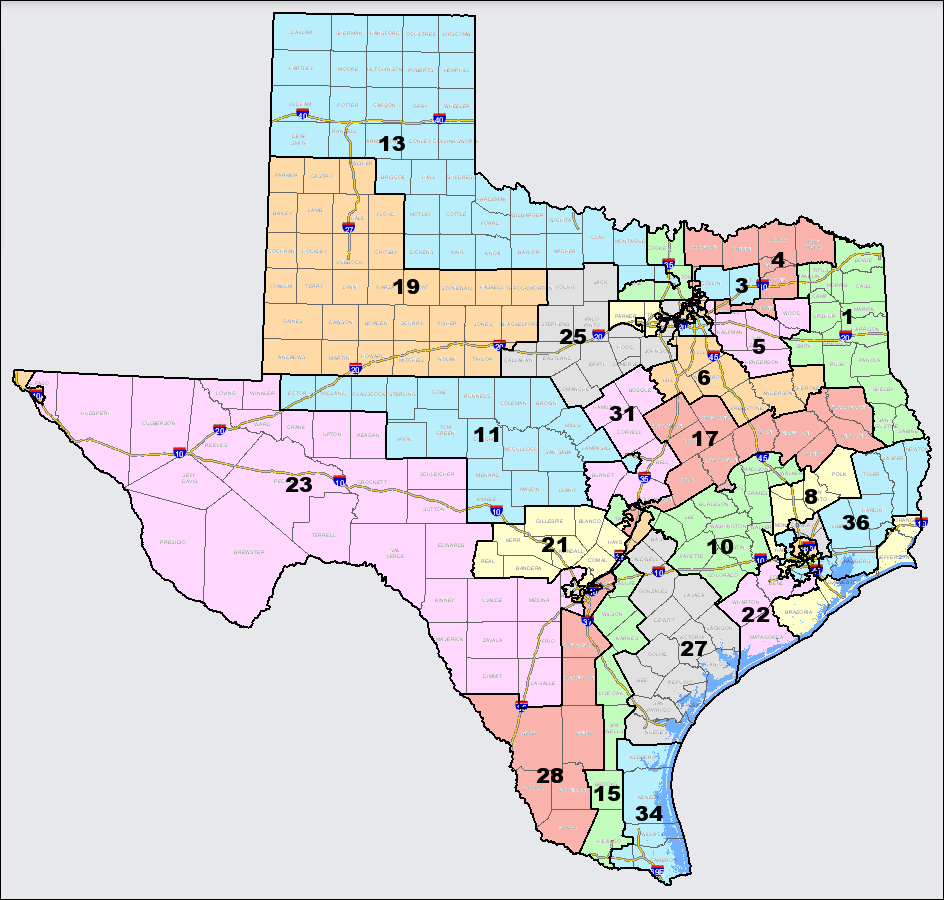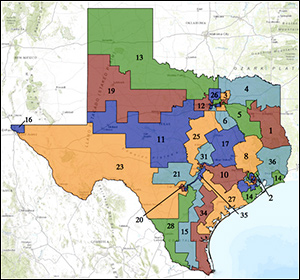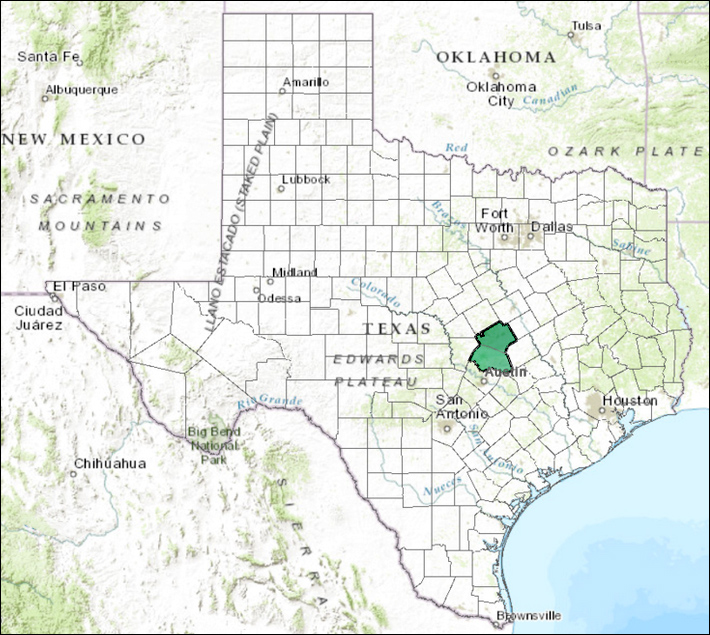By Jim Ellis — Tuesday, Jan. 27, 2023
President
NBC News Poll: Trump Strong for Nomination; Trails Biden — Hart Research (D) and Public Opinion Strategies (R) collaborated on a national survey for NBC News (June 16-20; 1,000 US registered voters; 500 likely Republican primary voters; live interview) and found former President Donald Trump, despite his federal indictments, increasing his lead over Florida Gov. Ron DeSantis and the others. According to this data, Trump secures 51 percent in the national poll, well ahead of Gov. DeSantis who records 22 percent support. Former Vice President Mike Pence receives seven percent, and no other candidate even reaches the five percent plateau.
In the general election, however, President Joe Biden would lead former President Trump by four percentage points in the national popular vote, while Gov. DeSantis draws even with the president. A whopping 74 percent believe the country is on the wrong track. President Biden’s job approval was recorded at 43:53 percent favorable to unfavorable.
House
MD-5: No Retirement in Sight — Former House Majority Leader Steny Hoyer (D-Mechanicsville), who after winning a special congressional election in 1981 would spend 26 years in top House leadership positions, indicated to the audience of a local Democratic organization event to “not write any obituaries,” as reported on the Daily Kos Elections site. At 84 years old and out of leadership for the first time since 1989, Rep. Hoyer appeared to be a candidate for retirement. Instead, it looks like he will be on the ballot in 2024 seeking a 23rd term.TX-31: Rep. Carter Faces Primary — Army veteran and former Bell County Republican Party chairman Mark Latimer, who claims 11-term Rep. John Carter (R-Round Rock) is “not ready for the fight ahead,” announced that he will enter the March 2024 Republican congressional primary. Carter, first elected in 2002, faced a primary from two Republicans in 2022 and was renominated with 71 percent of the vote. He was unopposed in the general election.
Over his 11 congressional elections, he’s had only one close call. In 2018, Army veteran Mary Jennings Hegar (D) held him to a 51-48 percent re-election victory. The 31st District contains two-thirds of Rep. Carter’s home county of Williamson, half of Bell County, and all of Bosque, Burnet, Coryell, and Hamilton Counties in central Texas. Prior to his service in Congress, Rep. Carter was a Williamson County district judge for 20 years.
UT-2: Republicans Hold Special District Convention — Utah’s 2nd District Special Republican endorsing convention met in the small, but centrally located town of Delta on Saturday to choose one candidate to advance into the special primary election scheduled for Sept. 5 to replace resigning Rep. Chris Stewart (R-Farmington).
After five rounds of balloting, Rep. Stewart’s congressional legal counsel, Celeste Maloy, scored a 52-48 percent victory over former state House Speaker Greg Hughes. Others may still qualify for the primary ballot but must obtain 7,000 valid 2nd District Republican registered voter signatures by July 5. At least two of the candidates, former state Rep. Becky Edwards and ex-Republican National Committeeman Bruce Hough, are pursuing the signature option.
If no other candidate qualifies for the ballot, Maloy will officially become the party nominee, and be rated as a heavy favorite to win the Nov. 21 special general election in a district that the FiveThirtyEight data organization rates as R+23, and Dave’s Redistricting App calculates the partisan lean at 60.1R – 34.2D.





